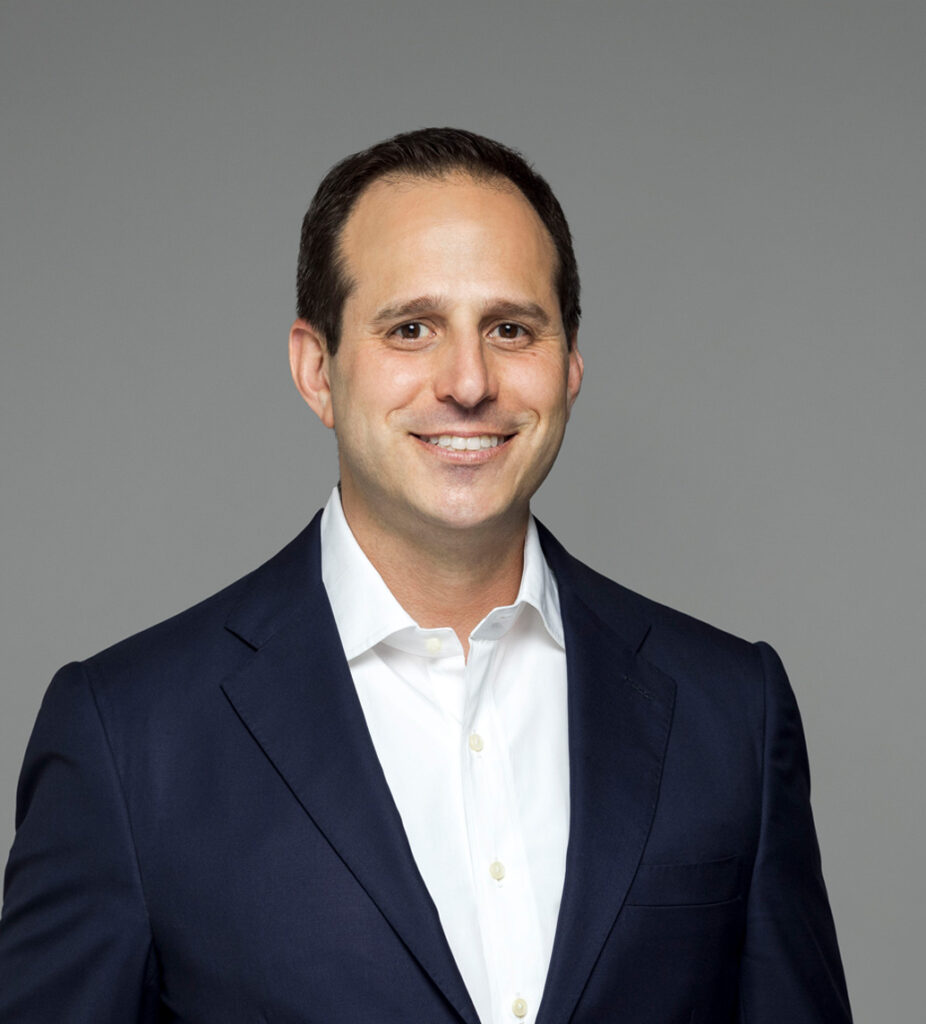On April 15, 2024, the Department of Justice’s (DOJ) Criminal Division announced that it was implementing a Pilot Program on Voluntary Self-Disclosures for Individuals. The program is “designed to encourage voluntary self-disclosure by individual participants in certain types of criminal conduct involving corporations” by offering non-prosecution agreements (NPAs) to individuals who provide “original and actionable” information to the Criminal Division.
DOJ’s announcement follows the rollout of similar amnesty programs earlier this year by the U.S. Attorney’s Office for the Southern District of New York (SDNY) and the U.S. Attorney’s Office for the North District of California (NDCal), which offer individuals who voluntarily disclose certain types of criminal conduct a path to NPAs. The new DOJ program also compliments another DOJ program announced this year, which will compensate individual whistleblowers for reporting corporate or financial misconduct previously unknown to DOJ and in which they were not involved.
In order to qualify for an NPA under DOJ’s new program, an individual must:
1. make the disclosure to DOJ’s Criminal Division (as opposed to SDNY or NDCal);
2. disclose original information, meaning non-public information not previously known to DOJ, about violations: (a) by financial institutions; (b) related to the integrity of financial markets; (c) related to foreign corruption or bribery; (d) related to health care fraud or illegal health care kickbacks; or (e) committed by or through companies related to the payment of bribes or kickbacks to domestic public officials;
3. disclose the information voluntarily;
4. disclose truthful and complete information;
5. agree to fully cooperate and provide substantial assistance;
6. agree to pay forfeiture and restitution; and
7. not (a) have engaged in violent or sexual assault offenses; (b) be the CEO or CFO of a company, or the leader or organizer of the scheme; (c) be an elected or appointed foreign official; (d) be a domestic government official at any level; or (c) have a criminal history.
Even if an individual does not meet all of these criteria, DOJ has indicated that it retains the discretion to offer an NPA under appropriate circumstances.
DOJ’s new program is notable for a few reasons. First, and like the other whistleblower programs announced earlier this year, it is a first-in-the-door policy. Second, the program continues DOJ’s emphasis on encouraging voluntary self-disclosure about corporate and financial crime, and encouraging companies to create robust corporate compliance programs. Third, DOJ’s new program removes the first-mover advantage that the SDNY had in announcing its amnesty policy in January. We anticipate more whistleblower programs to be announced by other DOJ components and likely the U.K.’s Serious Fraud Office. We also expect that that corporate criminal enforcement will increase as the Government continues to offer voluntary self-disclosure carrots.
¹ Joshua A. Naftalis is a Partner at Pallas Partners LLP in New York. Before joining Pallas, Mr. Naftalis was an Assistant U.S. Attorney in the Southern District of New York, where he was a senior member of the Office’s Securities and Commodities Fraud Task Force.

